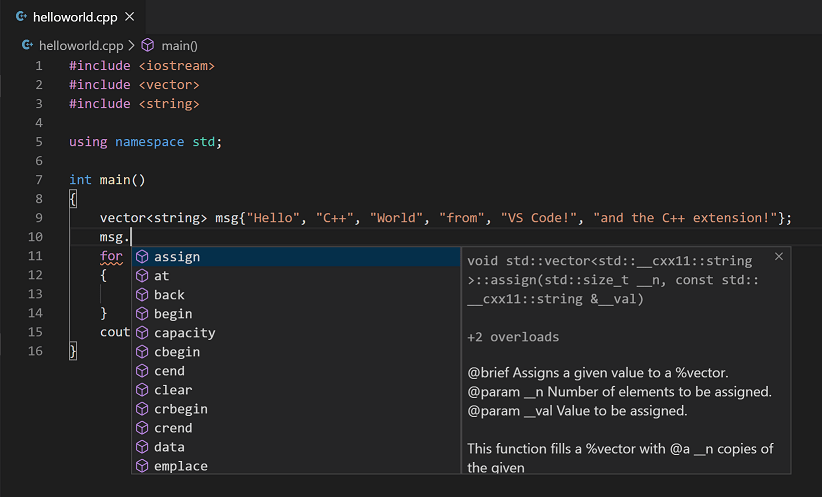Introduction
C++ is a programming language that has been the cornerstone of software development for decades. Created by Bjarne Stroustrup in 1985, C++ has evolved into a versatile and powerful language that is used in a wide range of applications, from operating systems and web browsers to games and financial software. In this article, we’ll delve into the world of C++, exploring its history, features, benefits, and applications, as well as providing expert tips and tricks for mastering this iconic language.
History of C++

C++ was first developed by Bjarne Stroustrup at Bell Labs in the 1980s. Initially called “C with Classes,” Stroustrup’s goal was to create a language that combined the efficiency and portability of C with the features of Simula, a Norwegian programming language. Renamed C++ in 1983, the language was officially released in 1985 and quickly gained popularity due to its flexibility, performance, and compatibility with C code.
Key Features and Benefits
C++ boasts an impressive array of features that make it a popular choice among programmers. Some of the key features and benefits include:
Object-Oriented Programming
C++ supports object-oriented programming (OOP) concepts like encapsulation, inheritance, and polymorphism, making it easy to write reusable and modular code.
Templates
C++’s template feature allows for generic programming, enabling you to write code that can work with various data types without the need for explicit casting.
Performance
C++’s compilation and execution model ensures that your code runs fast and efficiently, making it a popular choice for applications that require high performance.
Advanced Features and Applications
C++’s advanced features make it an ideal choice for complex applications. Some of the advanced features and applications include:
Move Semantics
C++11 introduced move semantics, which allows for efficient transfer of ownership and resources, reducing unnecessary copies and improving performance.
Concurrency
C++11 and later versions provide a comprehensive concurrency library, enabling you to write scalable and concurrent code with ease.
Game Development
C++ is widely used in game development due to its performance, flexibility, and compatibility with various game engines and libraries.
Expert Tips and Tricks
To get the most out of C++, follow these expert tips and tricks:
Use smart pointers for efficient memory management
C++’s smart pointers, like unique_ptr and shared_ptr, simplify memory management and reduce the risk of memory leaks.
Leverage the Standard Template Library (STL)
The STL provides a comprehensive set of containers, algorithms, and iterators, making it easy to write efficient and reusable code.
Experiment with C++17 and C++20 features
The latest C++ standards introduce exciting features like structured bindings, constexpr, and coroutines, which can significantly improve your coding experience.
Conclusion
C++ is a programming language that offers a unique combination of performance, flexibility, and compatibility, making it an indispensable tool for any serious programmer. With its rich history, robust features, and vast community support, C++ is the perfect language for anyone seeking to master the art of programming. Whether you’re a seasoned developer or new to the world of programming, C++ is the ultimate language for unlocking your full potential.




